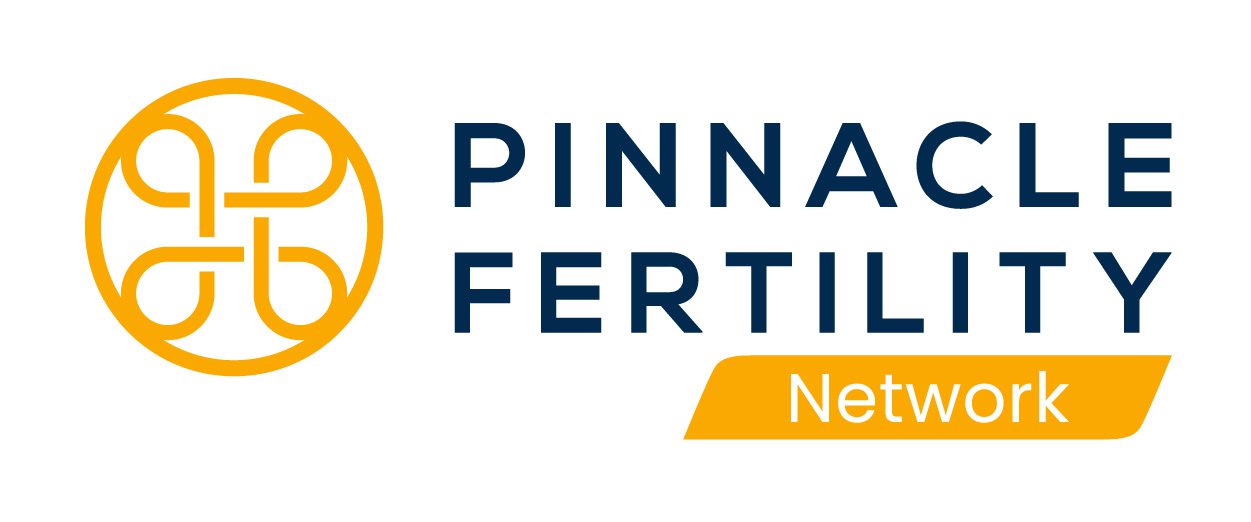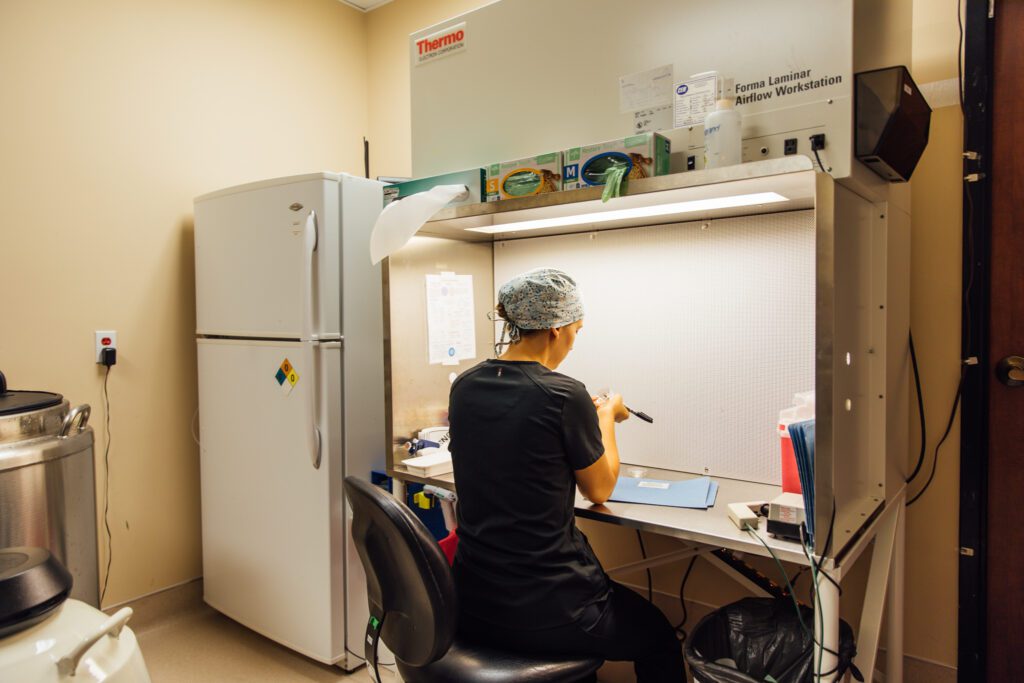Updated 8/29/2025
Understanding Lovenox in Fertility Treatment
Lovenox, also known as enoxaparin sodium, is a low molecular weight heparin (LMWH). It has been used in fertility care for many years, most often to reduce the risk of blood clots and miscarriage. For women with certain clotting conditions, it can still play an important role in supporting a healthy pregnancy.
In the past, Lovenox was often prescribed more broadly, even for women without a known clotting disorder, because many doctors believed it could improve implantation and lower miscarriage risk. Recent studies, however, have given us a clearer picture.
What Recent Research Shows
Research now suggests that Lovenox may not provide a benefit for women who do not have an underlying blood clotting issue. Large clinical trials have shown that in cases of unexplained miscarriage or infertility, Lovenox does not appear to improve outcomes compared to standard care.
That doesn’t mean it has no place in fertility treatment. For patients with confirmed conditions like antiphospholipid syndrome or Factor V Leiden, Lovenox can still be very helpful. But for others, fertility specialists are focusing more on proven, evidence-based treatments such as oral medications with intrauterine insemination (IUI) or in vitro fertilization (IVF), depending on everyone’s needs.
Side Effects of Lovenox
If your doctor recommends Lovenox, it’s important to understand the potential side effects. These can include:
- Bruising or tenderness where the injection is given
- A burning or stinging sensation during the injection
- Less common but serious risks such as excessive bleeding or low platelet counts
Your care team will weigh the potential risks and benefits before prescribing Lovenox as part of your treatment plan.
Our Approach at Pinnacle Fertility
At Pinnacle Fertility, we know that fertility care is not one-size-fits-all. Every patient’s journey is unique, and our providers are committed to offering treatments that are both compassionate and backed by the latest science.
Our specialists, including Dr. Randy Morris in Chicago, stay current with national guidelines and new research. For some patients, that may mean Lovenox remains part of treatment. For others, we may recommend different approaches, such as IVF or IUI, without unnecessary medications.
No matter where you are in your journey, our nationwide network and secure video consultations make it easy to connect with experienced fertility experts who will create a plan that’s right for you.
The Bottom Line
Lovenox continues to be an important medication for patients with specific blood clotting disorders, but it is no longer routinely recommended for unexplained miscarriage or infertility. What matters most is that your treatment is tailored to your individual needs and guided by the best available evidence.
At Pinnacle Fertility, we’re here to combine hope with science and walk with you as you take the next step toward growing your family.





